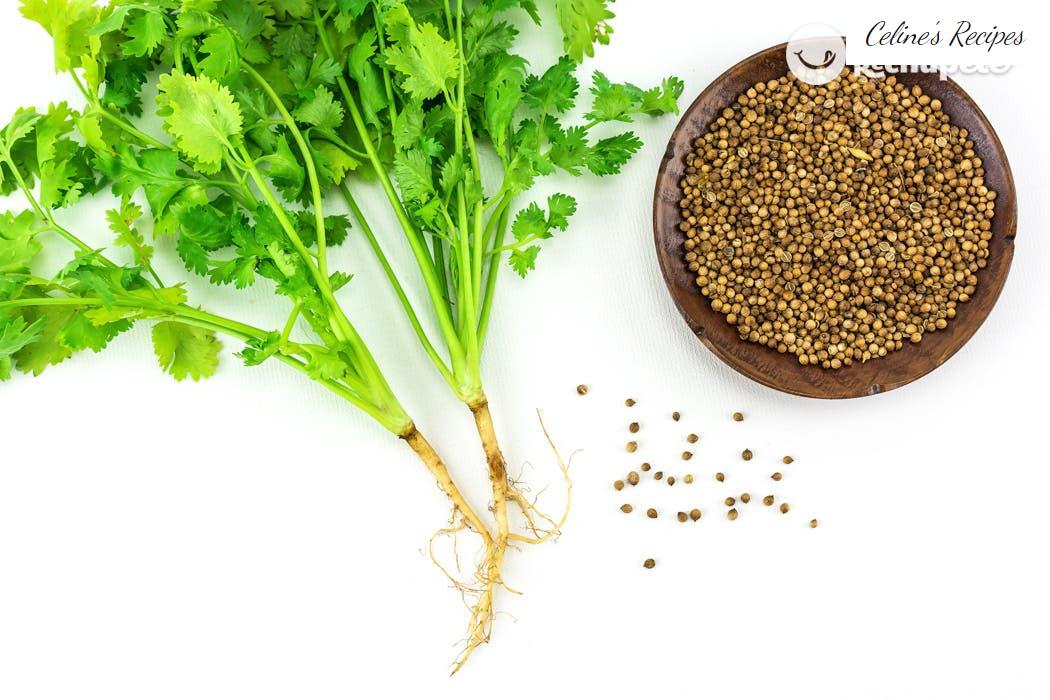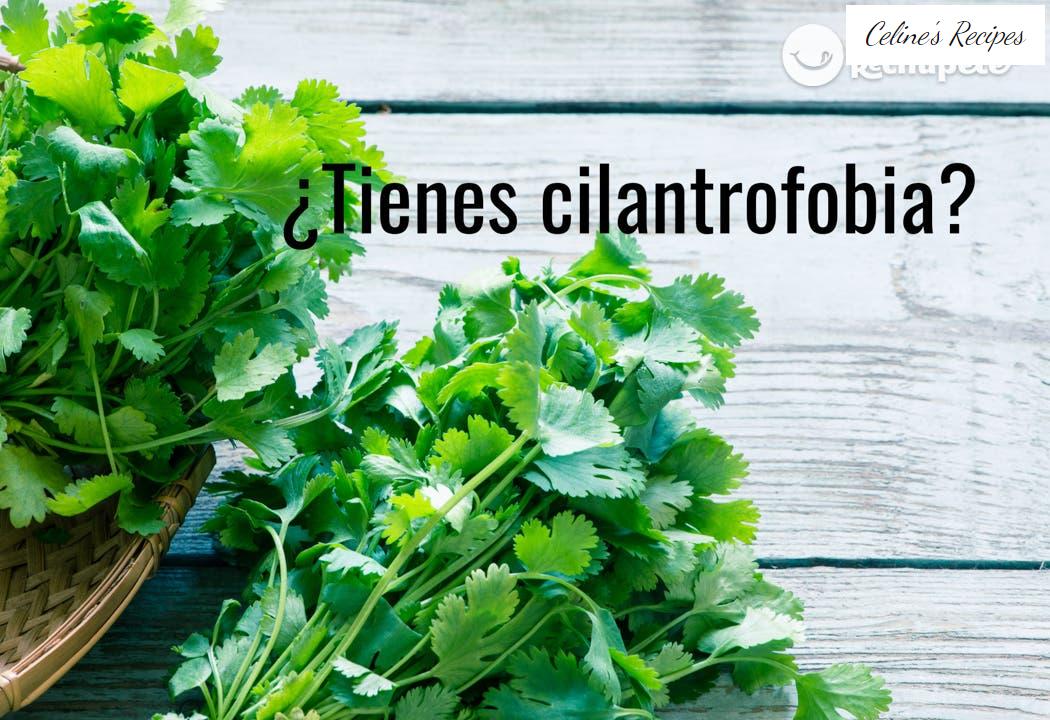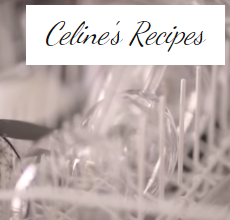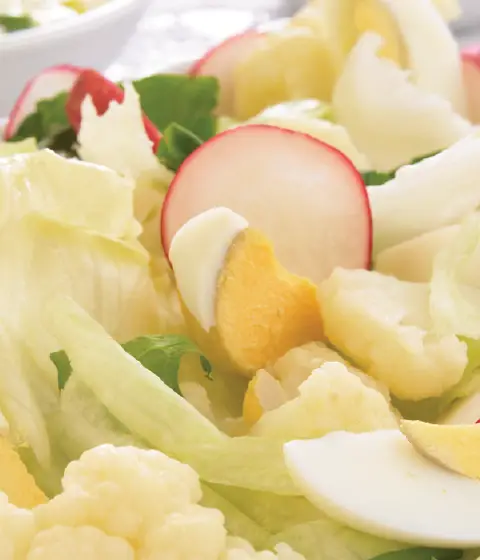
Do you hate coriander? You have cylantrophobia
No, it is not parsley . Yes, I know they look alike, but they really have nothing to do with it. You will have smelled it, seen it, tried it and even bought it in the supermarket or in the plaza.
Coriander is no longer just in Peruvian ceviche or Mexican guacamole , but you can find it in many places and if you don’t like it, the same is because you have cilantrophobia . Calm down, you are not alone or alone in this.
All or nothing
Either you love it or you hate it above all culinary modernities, but surely there is something you do not know. People who cannot bear the taste or smell of coriander say that it tastes like gel, soap, metal or perfume! In fact, many can’t even smell it.

Then there are the lovers, the fans, those who, since they have discovered it, do not prepare any dish in which it is not. Coriander gives them a touch of freshness, like ginger or lemon.
And the reality is that this is exactly what this aromatic plant wants. Refresh and flavor our recipes.
But why does it taste so different from each other?
This especially happens with coriander, does not happen with any other spice . You may not like dill or fennel, what do I know, but even if you don’t like it, neither of them generates aversion or disgust as happens to people who hate coriander.
The reality is that there is an anti-coriander gene . Incredible but true. There seems to be a hereditary component to people’s reaction to coriander. Hence you are a fan or a hater.
As for the taste of soap or foam, it turns out that there is a group of genes that influence the sense of smell. Among them is OR6A2 , which is sensitive to aldehydes present in aromas, organic compounds found in coriander leaves, and also in soaps and perfumes. How do you stay
In addition to the OR6A2 gene, in the different studies carried out, a total of three smell receptor genes were detected : one with chemical substances and two with bitter tastes.

It is said that only 10% of coriander haters are due to genetic variables. And the rest? Is it fashion
Depending on the exposure you have had throughout your life to coriander, (in our case little, since this plant invaded us with international cuisine not many years ago) you tolerate it more or tolerate it less.
That is why, in cultures where it is not a common ingredient, there is more aversion and resistance than in those that were always used to trying it in their dishes. Will the same happen with turnip greens? You should try it.
In short, a New York Times article confirmed that “ when we try a new food, our brain looks for a pattern of past experiences to which flavor belongs. Then use that same pattern to create a flavor perception . ”
If its taste does not conform to what is already known, the brain rejects it. It’s that simple. Wow, what happened to us when we were little (and still happens to many children today) when they try new foods and even with fish, due to its strong smell and flavor.
I am a lover of coriander and trying new things, in general, so in case you have not tried it yet, or you have not tried it enough and you do not know if you are a lover or hater of this ingredient, you can try a chicken or prawns curry or a rich chicken stew with a touch of sophistication.
Did you like it? Share it!
Share Tweet Pin it To print
Receive a weekly email with new recipes and yummy recommendations.
Think of Pixels SL as the owner of Recetasderechupete.com, it will use the data you provide in this form only to send you blog updates. We treat your data with respect. For more information see the Privacy Policy . You can change your mind at any time and unsubscribe by clicking on the footer of any email you receive from this website, or by contacting [email protected]. Yummy recipes use Mailchimp as a platform for sending emails. Mailchimp is covered by the EU-US Privacy Shield agreement, approved by the European Data Protection Committee. By submitting this form, you consent to your data being transferred to MailChimp for processing in accordance with its Privacy Policy .
If you liked this article you will like:

10 tips to take care of your dishwasher

Recipes and food for back to school or work







